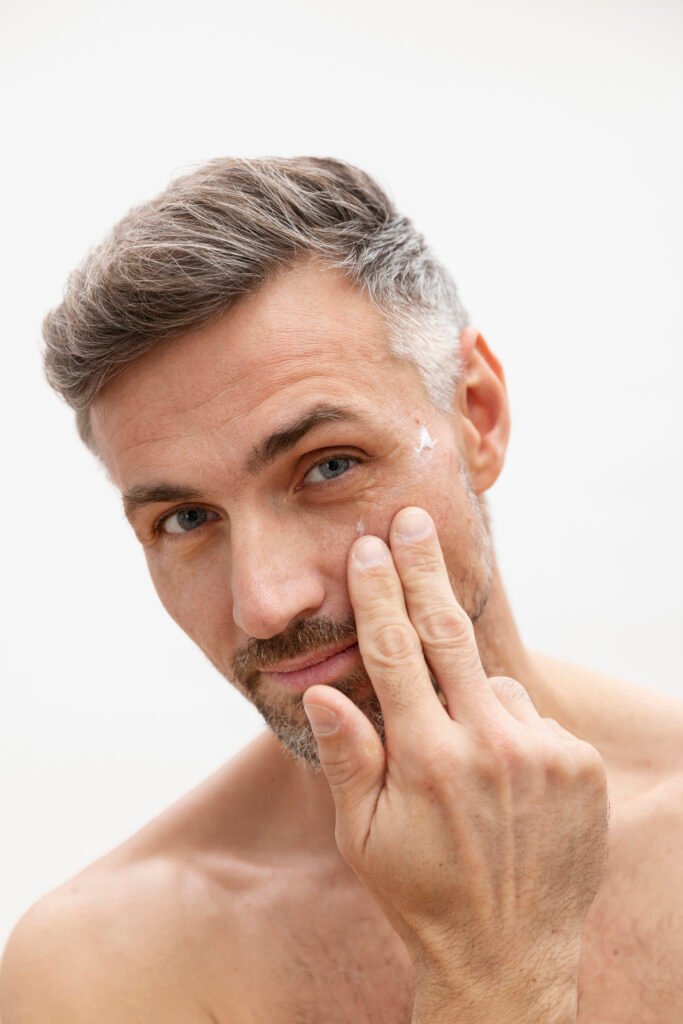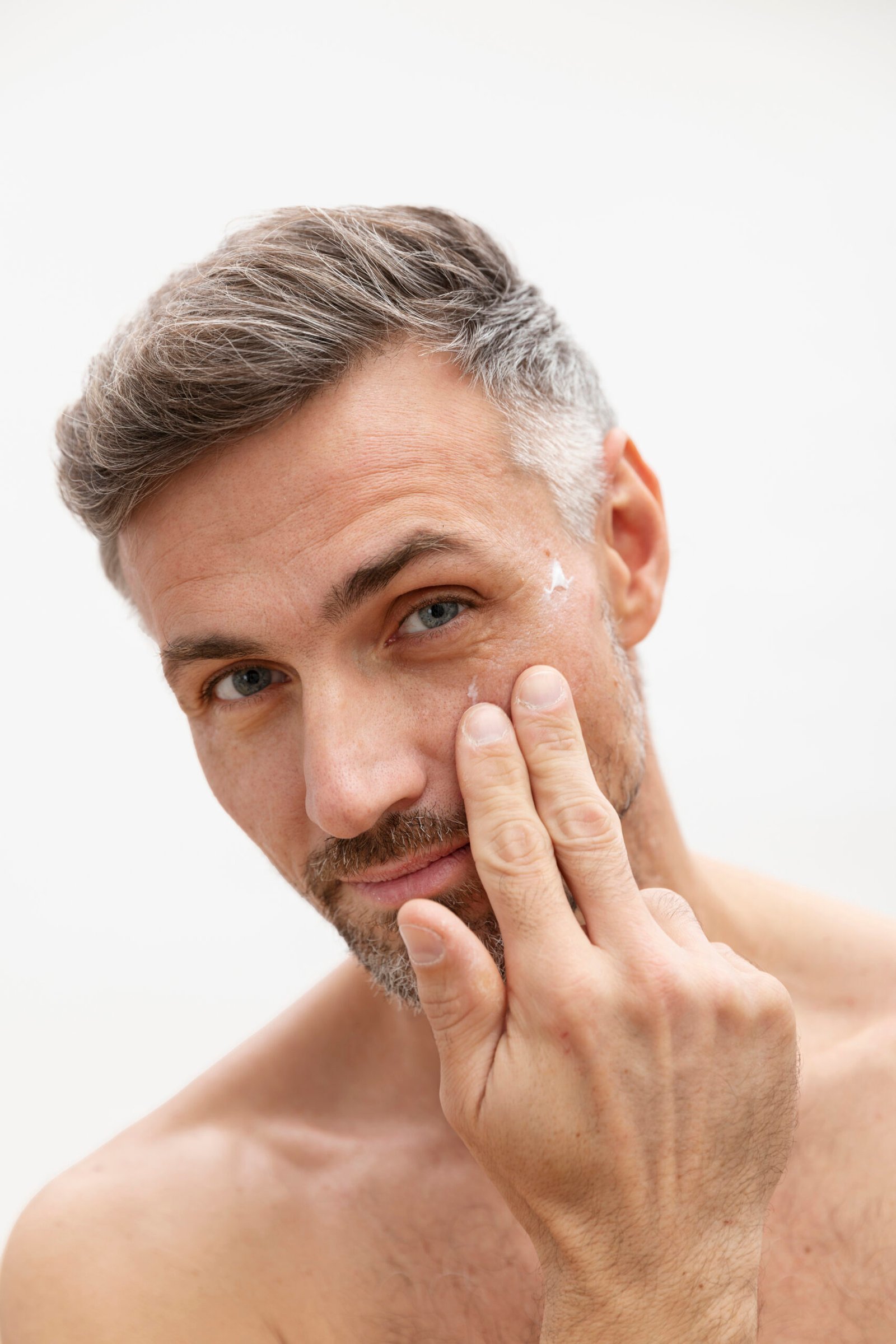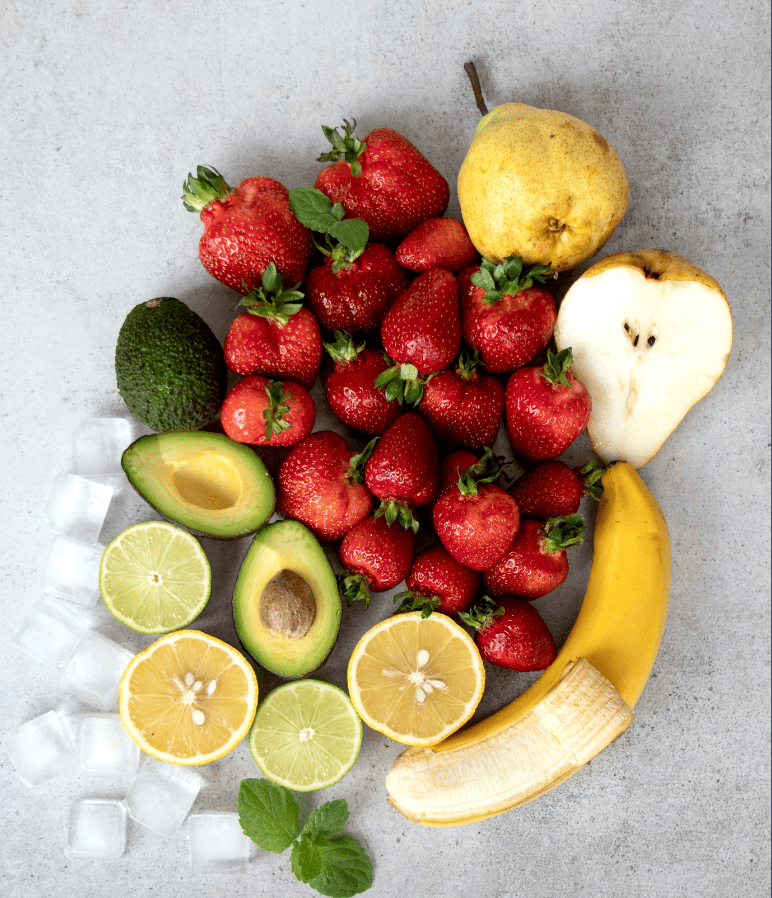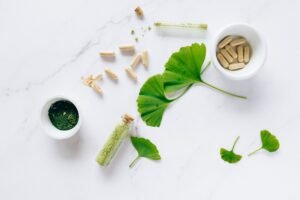
Maintaining skin elasticity becomes essential for overall skin health and appearance as individuals age.
While a balanced diet rich in essential nutrients is crucial, certain supplements can support skin elasticity, hydration, and collagen production. Here are some of the best supplements that may help improve skin elasticity in the elderly:
- Collagen Supplements:
- Why: Collagen is a protein that provides structure to the skin. As people age, collagen production naturally decreases, leading to wrinkles and sagging skin.
- Supplement Form: Collagen supplements are available in various forms, including collagen peptides and hydrolyzed collagen.
- Dosage: Dosage recommendations vary, but a typical dose may range from 2.5 to 15 grams daily.
- Vitamin C:
- Why: Vitamin C is essential for collagen synthesis, promoting the formation of strong and healthy connective tissues.
- Supplement Form: Vitamin C supplements come in various forms, including ascorbic acid and buffered forms.
- Dosage: Recommended daily intake varies, but it is commonly around 500 to 1000 mg daily.
- Vitamin E:
- Why: Vitamin E is an antioxidant that helps protect the skin from oxidative stress and may contribute to skin health.
- Supplement Form: Vitamin E supplements typically contain tocopherols and tocotrienols.
- Dosage: Adults’ recommended daily intake is around 15 mg (22.4 IU).
- Omega-3 Fatty Acids:
- Why: Essential fatty acids, especially omega-3s, help maintain skin integrity and hydration.
- Supplement Form: Fish oil supplements are a common source of omega-3 fatty acids.
- Dosage: Dosage varies, but a standard recommendation might be 250-500 mg of combined EPA and DHA daily.
- Hyaluronic Acid:
- Why: Hyaluronic acid is a natural component of the skin that helps retain moisture and supports skin hydration.
- Supplement Form: Hyaluronic acid supplements are available in various forms, including capsules and serums.
- Dosage: Dosage recommendations vary, but a typical dose may range from 100 to 200 mg daily.
- Astaxanthin:
- Why: Astaxanthin is a potent antioxidant that may help protect the skin from UV damage and improve elasticity.
- Supplement Form: Astaxanthin supplements are available in softgel or capsule form.
- Dosage: Dosage recommendations vary, but a typical dose may be around 4 to 12 mg daily.
- Zinc:
- Why: Zinc is involved in collagen synthesis and helps maintain skin integrity.
- Supplement Form: Zinc supplements are available in various forms, such as zinc gluconate and zinc picolinate.
- Dosage: The recommended daily intake for zinc is around 8-11 mg for adults.
- Coenzyme Q10 (CoQ10):
- Why: CoQ10 is an antioxidant that supports the skin’s energy production and may help reduce the appearance of wrinkles.
- Supplement Form: CoQ10 supplements are available in capsule or soft gel form.
- Dosage: Dosage recommendations vary, but a typical dose may be around 50 to 200 mg daily.
- Silica:
- Why: Silica is involved in collagen synthesis and may contribute to skin elasticity.
- Supplement Form: Silica supplements are available in various forms, including capsules and liquid.
- Dosage: Dosage recommendations vary, but a typical dose may be around 10 to 20 mg daily.
- Probiotics:
- Why: Probiotics support gut health, and evidence suggests a connection between gut health and skin conditions, including aging.
- Supplement Form: Probiotics are available in various strains and formulations.
- Dosage: Dosage varies based on the specific probiotic supplement.
Note: It’s essential to consult with a healthcare professional before adding new supplements to your routine, especially if you have underlying health conditions or are taking medications.
Additionally, a balanced diet that includes a variety of nutrient-rich foods is fundamental for overall health, including skin health.
Supplements should complement, not replace, a healthy diet and lifestyle.












